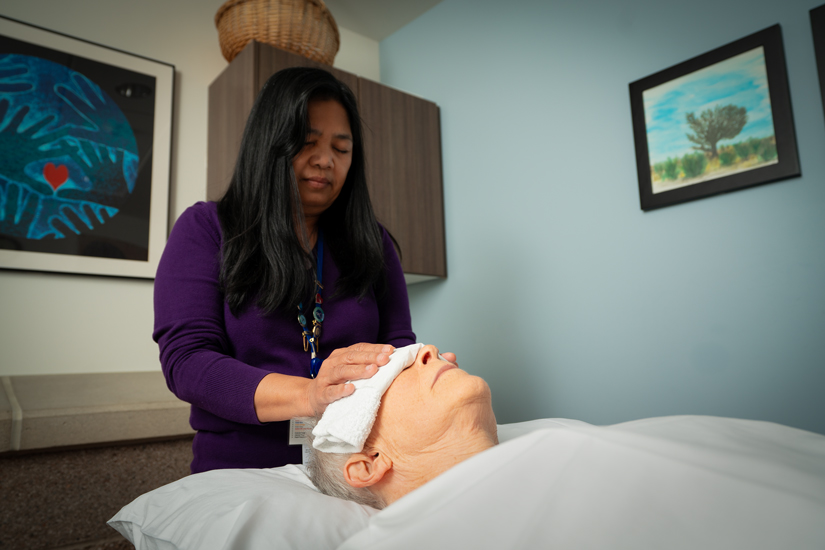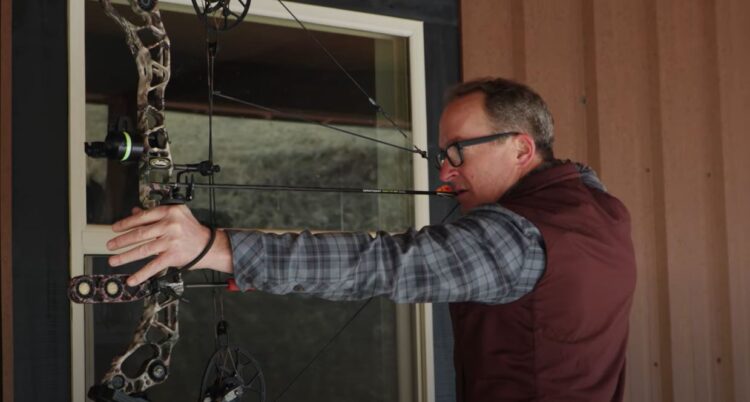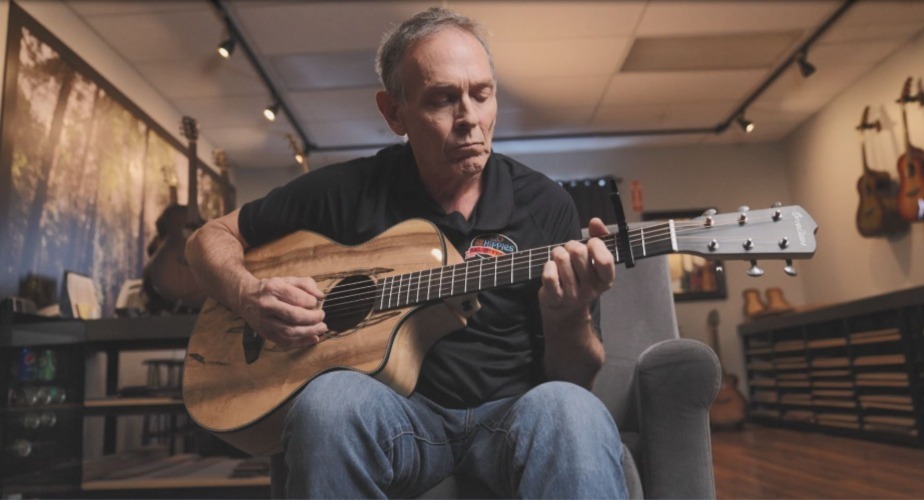In picture above: Chris Lillegard, center, and two of his "angels," Sue Takemoto, left, and Roma M. McCoy-Keller, reunite at St. Charles Bend in February 2019.
With a family history of heart problems and high cholesterol – including a heart attack that took his father’s life at age 50 – Chris Lillegard has already been counting his blessings for nearly two decades.
For years, he was the rare attorney who took long vacations to unplug from work. He traveled all over with his wife Margi, soaked up time with his eight grandchildren and frequently took advantage of Central Oregon’s ample outdoor activities.
“We’ll continue to do so, because you just don’t know,” said Lillegard, 67, on a recent Thursday afternoon, two days before heading south to his home in Arizona. “We’re at an age now where almost monthly you hear about a friend or acquaintance who is (struggling) with cancer or something.”
Still, Lillegard knew all along he had a ticking time bomb inside his chest.
“I’d been told, ‘You’re going to have some kind of episode. It’s just a matter of time,’” he said. “Kind of disconcerting.”
On Dec. 11, Lillegard’s heart finally gave out on him. He was in the middle of a regular workout at Orangetheory Fitness in Bend’s Old Mill District when he began to feel dizzy. He’d had no other symptoms up to that point, and assumed he was just unusually tired.
“I was working hard,” he said. “I don’t know any other way.”
It was 11:05 a.m., about a third of the way through a high-intensity training program, when Lillegard went into cardiac arrest.
"I got off the treadmill ... and I thought, 'God, I'm dizzy.' There was a bench there, so I thought maybe I'd just sit on the bench for a bit and wait for our coach. But I didn't get to the bench. I went right down into a stack of weights.”
Lillegard’s fall set off a flurry of action among three St. Charles caregivers and a Sisters-Camp Sherman Fire District paramedic who were in the room that day. Within a minute, Sue Takemoto, an operating room registered nurse, and Alex Barsotti, an ICU registered nurse, were by Lillegard’s side, feeling for a pulse. Roma M. McCoy-Keller, a registered nurse in the Emergency Department, supported his head, while her husband Dave Keller, the paramedic, tracked down the gym’s automated external defibrillator (AED). Meanwhile, Orangetheory staff cleared the room.
“They did an incredible job of giving us space to do what we do,” Takemoto said.
Soon, Barsotti and Takemoto started chest compressions, while McCoy-Keller gave Lillegard rescue breaths. Dave Keller applied the AED to Lillegard’s body, and when the device found a shockable rhythm in his heart, the team stood back and let it do what it's designed to do.
“After it shocked him, Alex resumed CPR and I went to give him a breath,” McCoy-Keller said, “and his eyes opened. He tried to sit up.”
The next thing Lillegard remembers is looking up at the emergency responders who had arrived on scene.
“I was pretty alert, because I remember when the ambulance guys were over me, I thought, ‘None of these guys can be old enough to drive,’” he said with a chuckle. “I was going to say, ‘Should I drive to the hospital?’”
Lillegard’s awakening didn’t mean he was out of the woods, but it did give him time to get to the hospital, where both of his daughters – surgical specialty registered nurse Susie Waldron and medical services registered nurse Sara Lillegard – were on duty. The more experienced Waldron said her heart sunk when she entered the ED and saw the chaplain and rapid response team outside her dad’s room. Meanwhile, on the fourth floor, Sara Lillegard hesitated before heading to the ED because she was actively caring for patients and wanted to make sure they were safe before she left.
When all was said and done, doctors found that three of Chris Lillegard’s arteries were 80 to 90 percent blocked, and that stenosis in one of his heart’s valves would require its replacement. He was scheduled for surgery with Dr. Angelo Vlessis two days later.
A couple months later, Lillegard is healing nicely and feeling both grateful and reflective.
“Two days before that, my wife and I were up in the woods dragging a 14-foot Christmas tree to the car, and I stopped about halfway down the hill and said, ‘God, I’m going to have a heart attack,’” he said. “I was just kidding, but … I was working as hard dragging that tree through the snow as I was on the treadmill. The powers that be made sure I was back closer to town (when this happened).”
He paused, his eyes gleaming with the beginnings of tears.
“I was real lucky,” he said. “Why me? I don’t know. My dad died at 50 of a heart attack. So I’m way past my ‘use by’ date.”
McCoy-Keller interjected: “We all were lucky that day. We were lucky that he had cardiac arrest 10 feet away from an AED. We were lucky that we had three nurses and a paramedic in the room,” she said. “I mean, I’ve had bad outcomes before, but this time, we were all just there at the right time, right place.”
Luck isn’t the only factor in Lillegard’s renewed lease on life, of course. All involved credit Orangetheory’s staff for their quick and calm response. And the nurses involved cited their extensive training and muscle memory for their actions that day.
“We go through this so many times that we have very defined roles in the ED as well as in the ICU,” Takemoto said. “If someone’s sitting over there, you know you’re sitting here and you know your role.”
As for Lillegard, he’s still counting his blessings, more so than ever. And that includes the ad hoc team of caregivers that saved his life last December.
“Nurses at St. Charles are angels, man,” he said. “They’re trained, professional, wonderful people. We could not have been treated better by everybody.”





